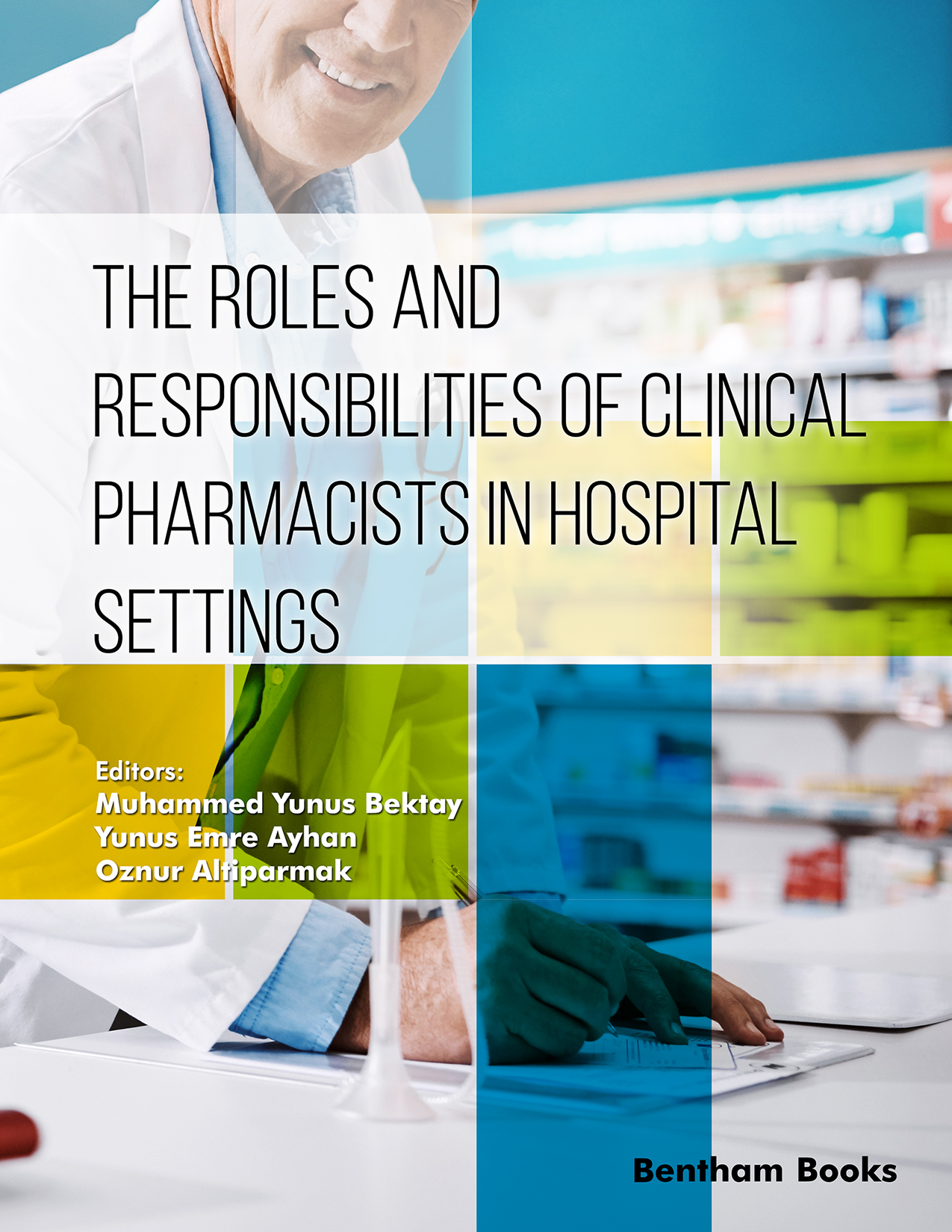Introduction
The Roles and Responsibilities of Clinical Pharmacists in Hospital Settings is a comprehensive textbook designed to equip graduate pharmacy students and residents with the essential skills and knowledge needed for effective clinical pharmacy practice in hospitals. This book emphasizes the multidisciplinary nature of clinical pharmacy and the importance of adhering to international guidelines and standards.The book provides an overview of hospital pharmacy practice with an introduction to the essential requirements of a hospital environment, followed by a detailed exploration of clinical pharmacist roles across major medical subspecialties, including internal medicine, infectious diseases, intensive care, pediatrics, cardiology, and oncology.
Key Features
- -General and specialized Roles: Comprehensively covers different aspects of clinical pharmacology from basics to medical subspecialties
- -Practical Insights: Offers practical tools, reference resources, and strategies for clinical pharmacy practice across different hospital departments.
- -Advanced Practice: Guides readers from foundational knowledge to advanced clinical pharmacy practices, preparing them for specialized roles within hospital settings.
- -Global Standards: Highlights the importance of multidisciplinary education and adherence to global clinical pharmacy standards.
This textbook is an essential resource for pharmacy students, specialist assistants, and anyone pursuing a career in clinical pharmacy.
Readership
Pharmacy students, specialist assistants, and anyone pursuing a career in clinical or hospital pharmacy.

